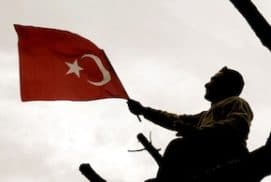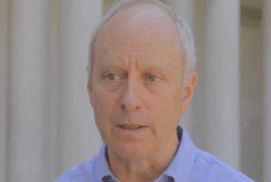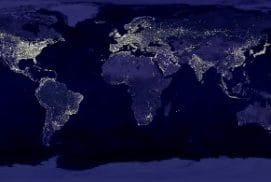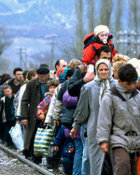Over the last years, we witnessed the worst refugee crisis since World War II (1); starting from 2011, when level stood at 42.5 million, the number of forcibly displaced people worldwide has steadily increased, reaching up to 59.5 millions individuals at the end of 2014. As the number of refugees, asylum seekers and internally displaced persons (IDPs) continued to grow, it is likely that the total number of forced migrants have far surpassed 60 million (2) in 2015. The rapid acceleration in the number of forcibly displaced people worldwide characterize the current situation in a way that lead politicians, journalists and public opinion to consider it as a migration or refugee crisis. This is fiercely affecting the European Union, as a growing number of migrants are reaching its boarders seeking protection. While the EU is facing this challenge, a debate has been going on at both media and political level concerning the differences between refugees, asylum seekers and economic migrants.











